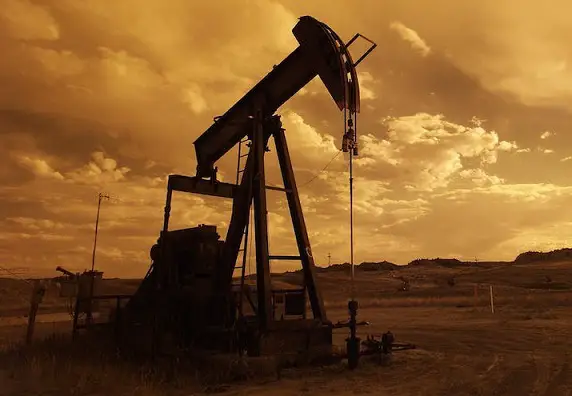Goldman Sachs is warning that it expects a dwindling global output of oil to combine with a decline in Russian production due to Western sanctions, producing supply problems in 2024 which could send prices skyrocketing again.
The top commodity analyst at the Wall Street bank, Jeffrey Currie, made the comments on the sidelines of a conference in Saudi Arabia Sunday. He noted that Western sanctions of Russia appeared timed to take effect in the market just as recovering Chinese demand would begin to surge, causing oil prices to rapidly top $100. Currently oil is trading around $80.
Speaking to Bloomberg, Currie said, “Right now, we’re still balanced to a surplus because China has still yet to fully rebound. Are we going to run out of spare production capacity? Potentially by 2024 you start to have a serious problem.”
The analyst noted a lack of investment in the industry which would yield future production capacity, allowing future demand to be met, would also prove to be a key factor which would contribute to the price hikes.
Currie went on to predict that producers would attempt to meet demand by tapping into their reserve production capacity, but that would not only lower reserve capacities, but it would also fail to correct the market imbalance between supply and demand which would continue to see prices rising.
Currie noted, “The commodity super cycle is a sequence of price spikes with each high higher and each low higher.” He went on to predict the market would reverse, from a deficit of demand, to a deficit of supply as early as May of this year.
Saudi Arabia’s energy minister Prince Abdulaziz bin Salman echoed Currie’s take, warning that Western sanctions on Russia in the global market would only have a negative effect on prices, as he restated that OPEC+ would continue to remain cautious when considering any increase in production quotas.
He said, “All of those so-called sanctions, embargoes, lack of investments, they will convolute into one thing and one thing only, a lack of energy supplies of all kinds when they are most needed.”
OPEC had predicted last year that given current trends, in the medium and longer term, oil demand would continue to rise despite attempts by the world to transition to renewable energy technologies. OPEC concluded that the oil industry needed to begin investing trillions of dollars into production capacity to meet the new demand which was coming.


